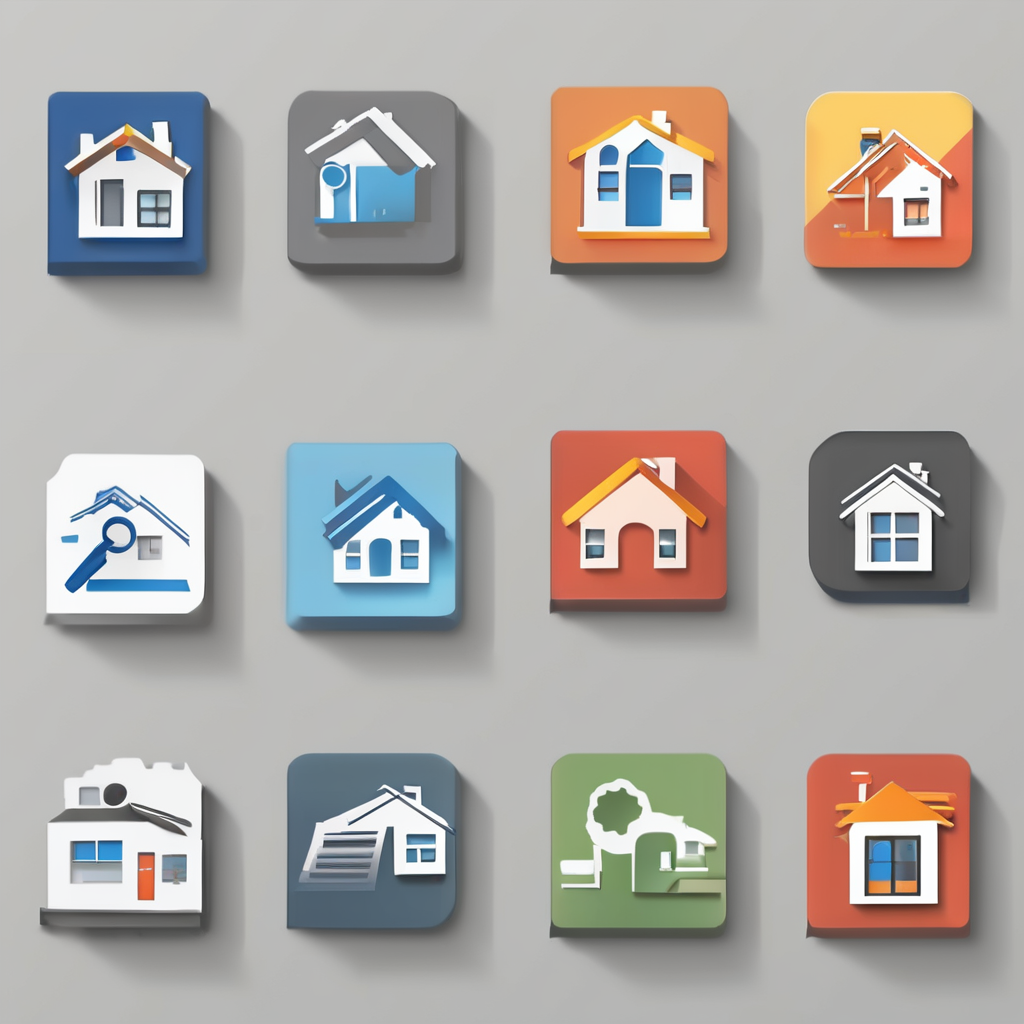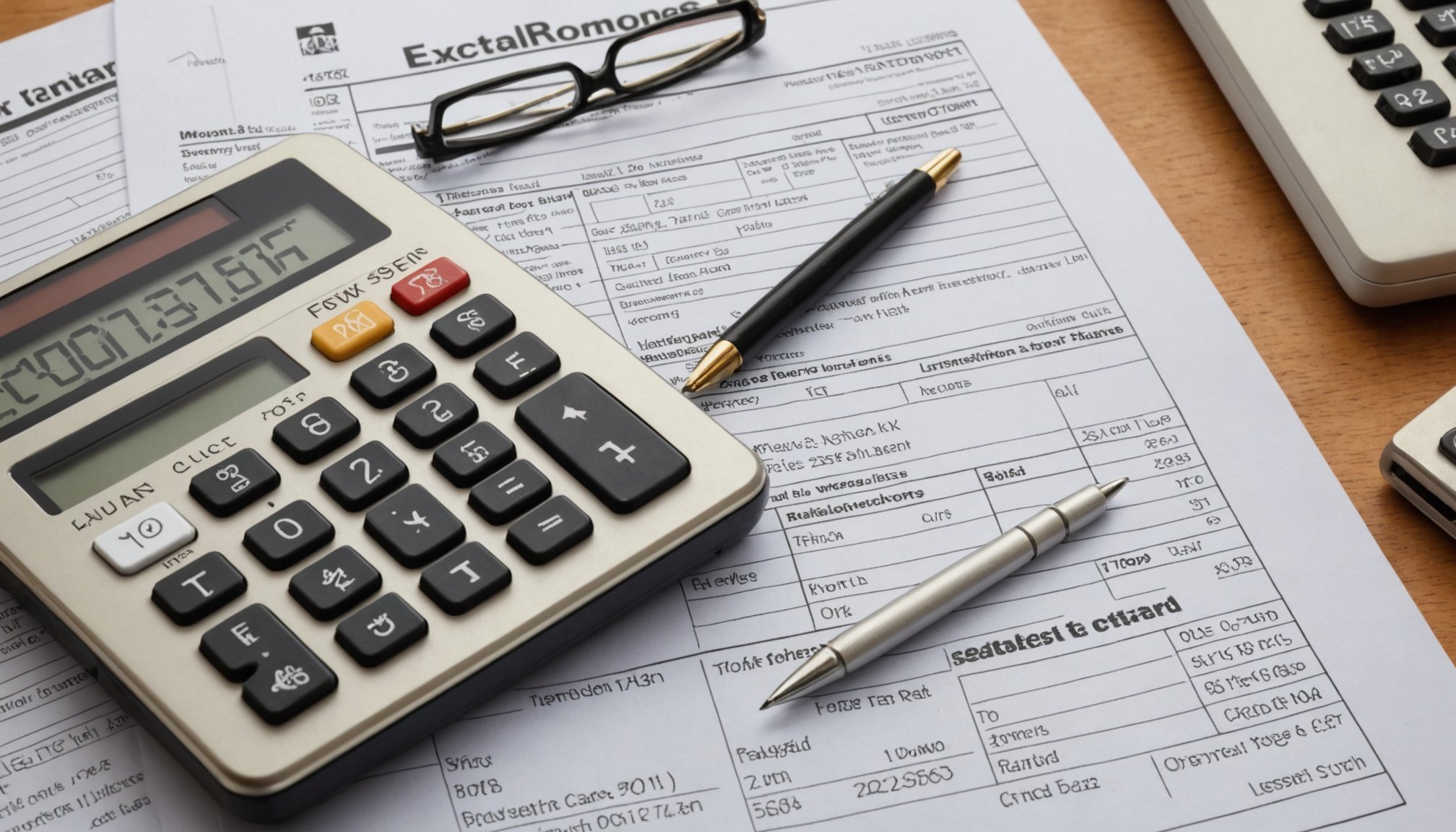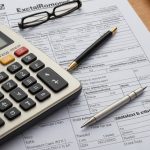Navigating the labyrinthine corridors of tax obligations can often feel daunting, especially for landlords in the UK. But fear not—having the right financial records at your fingertips can transform this task into a manageable responsibility. As property owners, you must ensure a meticulous record-keeping system to comply with HMRC regulations while optimizing your tax returns. This comprehensive guide will illuminate the essential financial records UK landlords should maintain, thereby empowering you to efficiently meet your fiscal duties.
Understanding the Importance of Record-Keeping
In the realm of property rental, maintaining detailed records is not merely a bureaucratic requirement—it is an integral part of financial success. These records serve multiple purposes: they provide a clear overview of your income and expenditures, help resolve disputes, and ensure you remain compliant with tax regulations.
Also read : What are the key indicators of a healthy property market in the UK?
Key Benefits of Record-Keeping:
-
Tax Compliance: Having organized records can simplify your tax return process, ensuring you pay the correct amount of tax and avoid penalties.
-
Financial Analysis: Well-kept records give you the ability to monitor your financial health, allowing for better decision-making regarding rent adjustments or property improvements.
Also to read : What should investors consider when looking at emerging property markets in the UK?
-
Dispute Resolution: Detailed documentation can be invaluable when resolving disputes with tenants or HMRC.
By maintaining thorough records, you not only safeguard yourself against potential legal issues but also empower yourself with a greater understanding of your property business’s financial landscape.
Essential Records for UK Landlords
So, what specific records should you, as UK landlords, maintain? Let’s delve into the essential documents that should be part of your record-keeping arsenal.
Rental Income and Expenses
Landlords need to keep precise records of all rental income received. This includes not only the rent itself but any additional charges such as late fees or service charges. Equally important is documenting all expenses related to the property. This could include maintenance costs, letting agent fees, and mortgage interest payments.
Tenancy Agreements
These contracts are the backbone of your relationship with tenants. They outline the terms of occupation, rent amount, and duration. Retain copies of signed agreements and any correspondence related to their amendments.
Property Management Costs
Any costs incurred from managing the property should be documented. This encompasses professional services such as property managers, legal advisors, or maintenance personnel.
Proof of Ownership
Documents that establish ownership, such as deeds or purchase agreements, are crucial. These records substantiate your claims as a landlord during disputes or tax evaluations.
By keeping these records organized and accessible, you will be well-prepared for tax season and any management issues that may arise.
Digital Tools to Simplify Record-Keeping
In today’s digital age, technology offers a plethora of tools to streamline the record-keeping process for landlords. Leveraging these resources can save you time and ensure accuracy, reducing the burden of manual documentation.
Software Solutions
Numerous software platforms are designed specifically for property management. These applications allow you to track rental income, expenses, and tenant details all in one place. Programs like QuickBooks and Xero provide integration with bank feeds, offering a seamless method to log transactions and generate financial reports.
Cloud Storage
Utilizing cloud-based storage solutions like Google Drive or Dropbox can help you organize digital copies of important documents. This ensures that your records are safely backed up and accessible anywhere, anytime.
Automated Bank Statements
Many banks offer automated importation of bank statements into accounting software. This feature allows you to easily track income and expenses without the hassle of manual data entry.
By embracing these digital tools, you can create a more efficient and organized system for managing your property records, freeing up time to focus on expanding your property portfolio or enhancing tenant satisfaction.
How to Prepare for a Tax Audit
The possibility of a tax audit can be intimidating, but with the right preparation, you can face it confidently. Here are some steps you can take to ensure you are ready, should HMRC come knocking.
Organize Your Documents
Ensure all records are organized and categorized effectively. This includes income, expenses, and any correspondence with tenants or property managers.
Maintain a Record of Communications
Keep all emails, letters, and notes of phone conversations related to the rental property. These documents can provide context and clarification during an audit.
Regular Review and Update
Periodically review your records to ensure they are up-to-date and accurate. This habit can help catch discrepancies early, preventing potential issues with HMRC.
Professional Assistance
Consider hiring a qualified accountant or tax advisor to review your records periodically. Their expertise can offer insights into potential tax savings and ensure compliance with UK tax laws.
By adopting these practices, you can mitigate the stress of a tax audit, knowing that your records are complete and your financial dealings transparent to HMRC.
In the dynamic landscape of property rental, maintaining comprehensive financial records is not just a statutory obligation—it’s a strategic advantage. By understanding the importance of meticulous record-keeping and leveraging the right tools, you can navigate the intricacies of tax compliance with confidence. Remember, organized records not only protect you legally but also empower you to make informed financial decisions. As UK landlords, embracing this discipline will pave the way for sustained success in your property endeavors.











